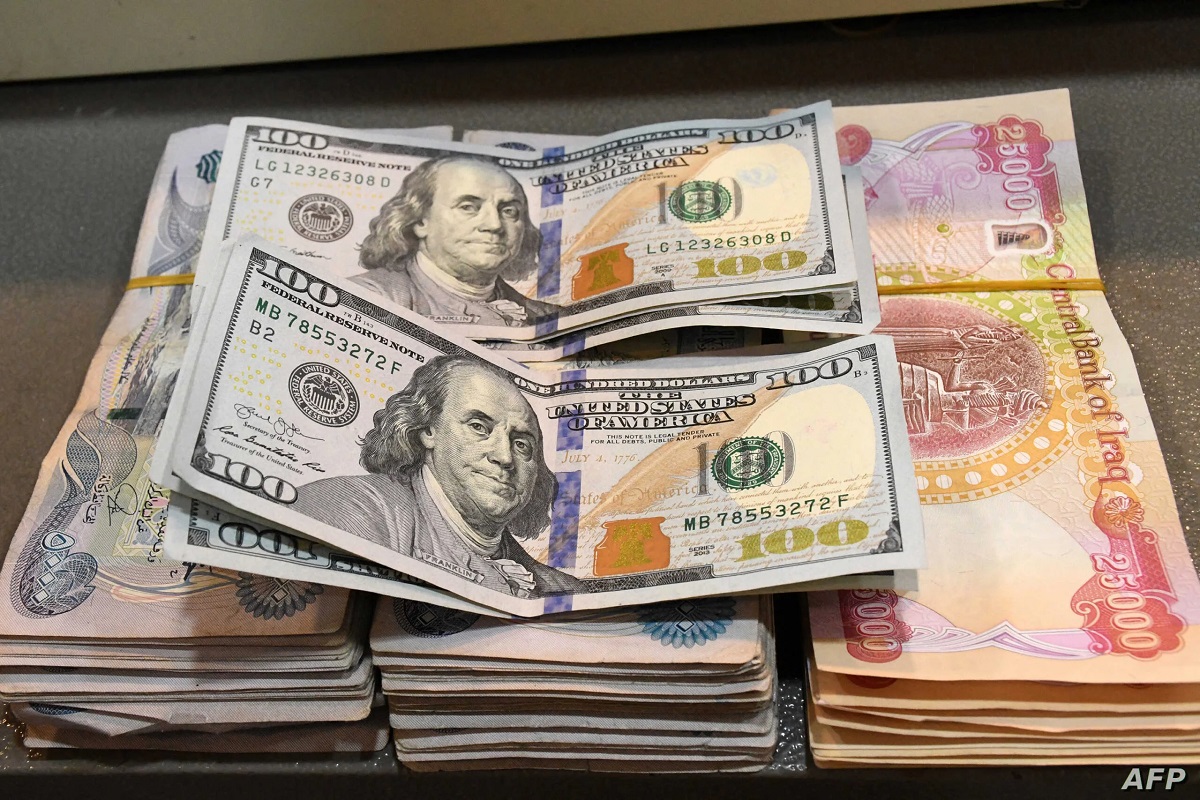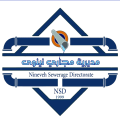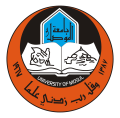MOSUL TIME RADIO
Yesterday, Monday, the Parliamentary Integrity Committee accused the Central Bank of Iraq of not being transparent regarding the dollar sale auction, and does not provide data on the destinations where hard currency is exchanged, stressing that it will hold the bank governor, Ali Al-Alaq, accountable.
Committee member Hadi Al-Salami said, “There is a lack of transparency in the dollar auction, and the daily bulletin is not revealed to know where the dollar goes and is sold through the auction. The bulletin is still secret, and only the quantity of the dollar sold is announced, and we do not know where this quantity goes.” .
He pointed out that “there is a parliamentary movement to hold the Governor of the Central Bank, Ali Al-Alaq, accountable, and the first step is by asking an oral parliamentary question, and we are waiting for his presence inside the parliament for the purpose of holding him accountable.”
He added, “There is an effort by some representatives to interrogate the Governor of the Central Bank, Ali Al-Alaq, due to the failure, especially in the issue of controlling the dollar exchange rate, which is still significantly higher in the parallel market than the official price.”
Al-Salami stressed that “some blocs and parties refuse to question the Governor of the Central Bank, as there is political protection for him, despite failure in tasks and work, and there are indicators and observations in the work of the Central Bank, especially the currency auction.”
A number of representatives had revealed the existence of a parliamentary effort to hold the Central Bank of Iraq accountable, stressing that the dollar auction is costing Iraq trillions of dinars and threatening the economy.
Raed Al-Maliki, a member of the Legal Committee, said in a previous statement, “The continued failure of the Central Bank and the government to stabilize the dinar and reduce the gap between the two prices has led to the waste of huge amounts of money and exacerbated the suffering of citizens.”
He pointed out, “These conditions resulted in the state incurring trillions of dinars and enriching the corrupt at the expense of the people, as the prices of most goods depend on the parallel price, which is much higher than the official price.”
For his part, Representative Majid Shankali called on the Council of Ministers to take decisive and bold decisions related to the financial reality in Iraq.
Shankali stressed “the need for these decisions to precede the process of building trust between the citizen and the banking system, which currently suffers from a significant lack of this trust.”
Shankali called for prohibiting dealing and trading in the dollar in buying and selling operations, in a step aimed at enhancing the use of the Iraqi dinar and reducing dependence on foreign currency. He also called for not allowing citizens to hoard amounts exceeding ten thousand dollars or its equivalent outside banks, in order to reduce financial evasion and promote practices. Official banking.
On July 23, the Central Bank of Iraq’s total sales of US dollars during the past six months amounted to more than $26 billion.
Moreover, during the past six months during which the auction was opened, the Central Bank sold 26 billion 539 million 598 thousand and 281 dollars, at a monthly rate of 4 billion 423 million 266 thousand and 380 dollars.
While external remittance sales during the past six months amounted to 24 billion, 105 million, 770 thousand and 121 dollars, an increase of 89% compared to cash sales, which amounted to 2 billion, 565 million, 785 thousand and 811 dollars.






